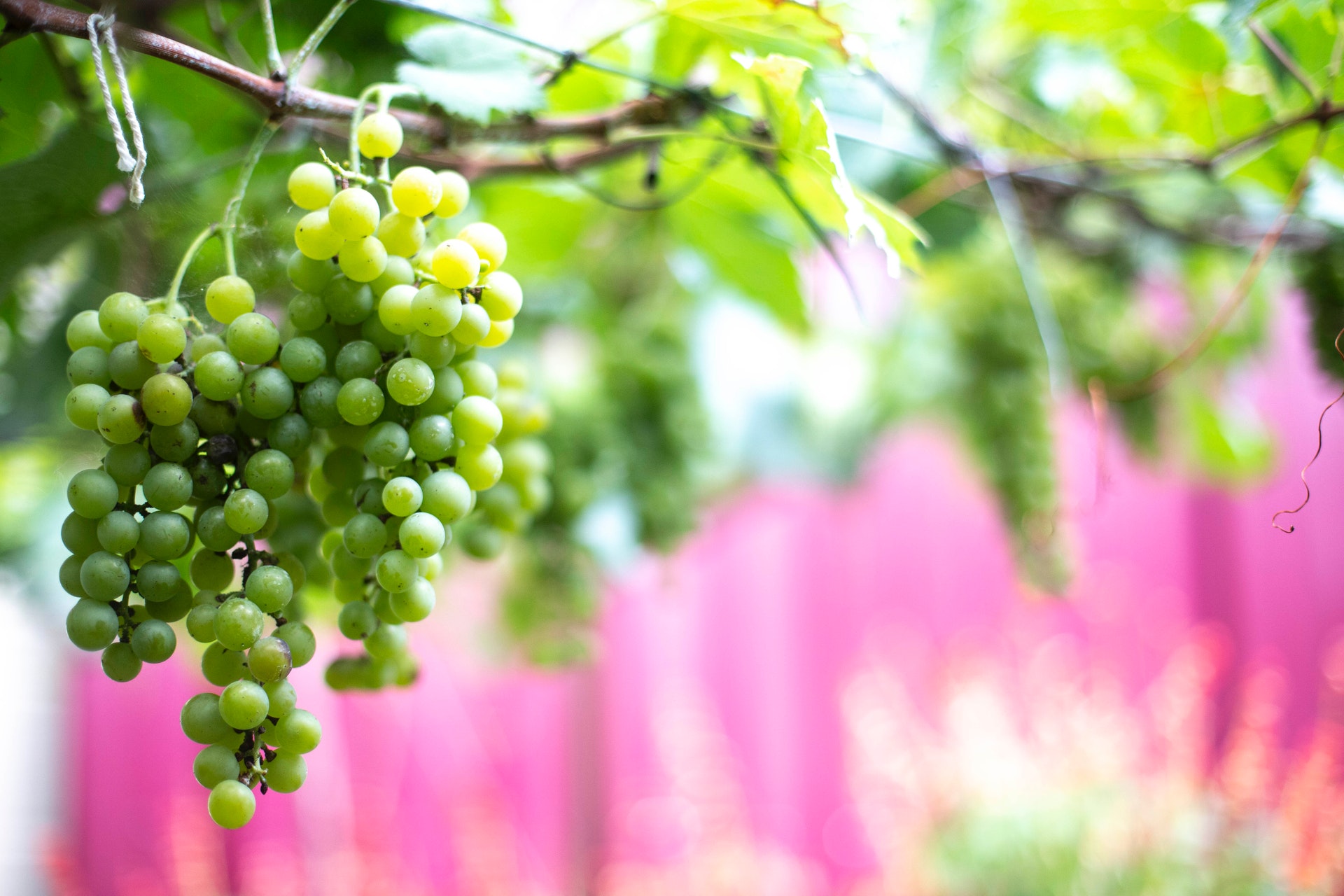Organic and biodynamic wines share the same organic practices, such as avoiding pesticides and fertilizers. Let’s find out more!
In recent years, there has been a significant increase in public awareness of organic products and healthy eating habits. The growing demand for natural and organic products on the market shows that people today care a lot about what they consume and how it affects their well-being.
Ecological market trends also affect the world of wine, and this is particularly important for wine lovers who tend to consume a glass of their favorite wine daily during lunch or dinner.
One thing is certain: once you decide to abandon the usual type of wine and all those flavors and aromas that make your mouth water, you have to be ready for a slightly different taste, the taste of nature itself.
Organic wine
As the name suggests, organic wine is made from organically produced grapes according to the strict regulations and principles of organic farming. This implies that the use of synthetic fertilizers, herbicides or pesticides is strictly prohibited and controlled by ECOCERT in Europe and the United States Department of Agriculture (USDA). To be labeled as “organic wine” it is necessary to satisfy a long list of rules and requirements issued by the agricultural governing body of the producer country.
How is it produced?
Organic winemakers use alternative methods to protect grapes from pests, such as introducing beneficial insects to crops and using “herbicides” such as sheep and chickens to protect crops from weeds. Furthermore, the method of covering the crops and the use of compost in the vineyards have a great influence on the essential and beneficial nutrients of the grapes, but also on the physical, chemical and biological sphere of soil health and on the quality of the grapes. Cover crops are placed between the rows and serve to attract beneficial insects that improve the quality of the soil and plants.
No added sulphites are allowed
These are chemical compounds naturally present in the wine fermentation process. However, sulfites are commonly added by winemakers to increase the shelf life and aging flavor we love in wine. If the wine is produced according to organic rules and regulations, but contains added sulfites, it is labeled as wine made from organic grapes, but it is not an organic wine.
The use of GMOs is not allowed
Grapes grown organically cannot contain genetically modified organisms (GMOs). Furthermore, the vineyard where the organic grapes grow must be clean, without synthetic fertilizers or pesticides, at least three years before the organic grape harvest. All ingredients added to wine must be of organic origin, while non-organic ingredients must not exceed 5% of the wine content and must be listed on the National List of Allowed and Prohibited Substances.
Also read Organic Wines to see the best organic wineries and their products around the world.

Biodynamic wine
Biodynamic viticulture is a method developed by the Austrian philosopher Rudolf Steiner in the 1920s. The philosopher focused on creating an entire fertile ecosystem and using an astronomical calendar to mark the different stages of cultivation, including harvesting, pruning, irrigation and resting the vineyard. Furthermore, this biodynamic concept is linked to the four elements: earth, fire, water and ear. Steiner’s idea involved the creation of a balanced and harmonious agricultural ecosystem.
Biodynamic winemaking follows all the principles of organic farming, but with a step more than the latter, as it offers a different and holistic approach to agriculture, with greater attention to the soil, the local climate and cultivation techniques to produce grapes in ideal conditions. These practices also include preparing the fertilization process using compost-filled cow horns buried in vineyards. Biodynamic wines contain an official seal of Demeter International, the largest certification organization of biodynamic agriculture represented by 45 countries in the world. European biodynamic wines contain the Biodyvin seal, which represents only European wineries.
The difference between organic and biodynamic wine
Organic and biodynamic wines share the same organic practices, such as avoiding pesticides and artificial fertilizers. However, biodynamic wines may contain an amount of added sulfites that does not meet USDA standards for certified organic wines. Therefore, not all organic wines are biodynamic, while many biodynamic wines are also organic.
The Most Popular Biodynamic Cellars

Natural Wine
Generally, natural wines are produced with the earliest and oldest winemaking methods. As there are no strict rules or standard certifications, each winemaker determines their own method of growing, fermenting and bottling natural wine. Usually, the grapes are harvested by hand and pressed by hand. Natural wines do not contain chemical additives during the winemaking process, but are spontaneously fermented with indigenous yeasts.
Natural wines are not filtered, have no altered tastes or added aromas, and therefore have a cloudy appearance and sometimes a strong sulphurous smell. In most cases, natural wines are not aged in oak, so they have a short life and are produced in smaller quantities.
Natural wines have a sour taste, reminiscent of the notes of cider or kombucha. This is because natural wine is a simple fermented grape juice with a few other additions.
VinNatur, the Italian association for the production of natural wines, organizes every year “The VinNatur Tasting” in Gambellara, Veneto. It is one of the largest natural wine events in Europe. Here you can taste a series of high quality natural wines that will change the conception of natural wines and their “strange” taste and aroma.
















Leave a Reply
View Comments